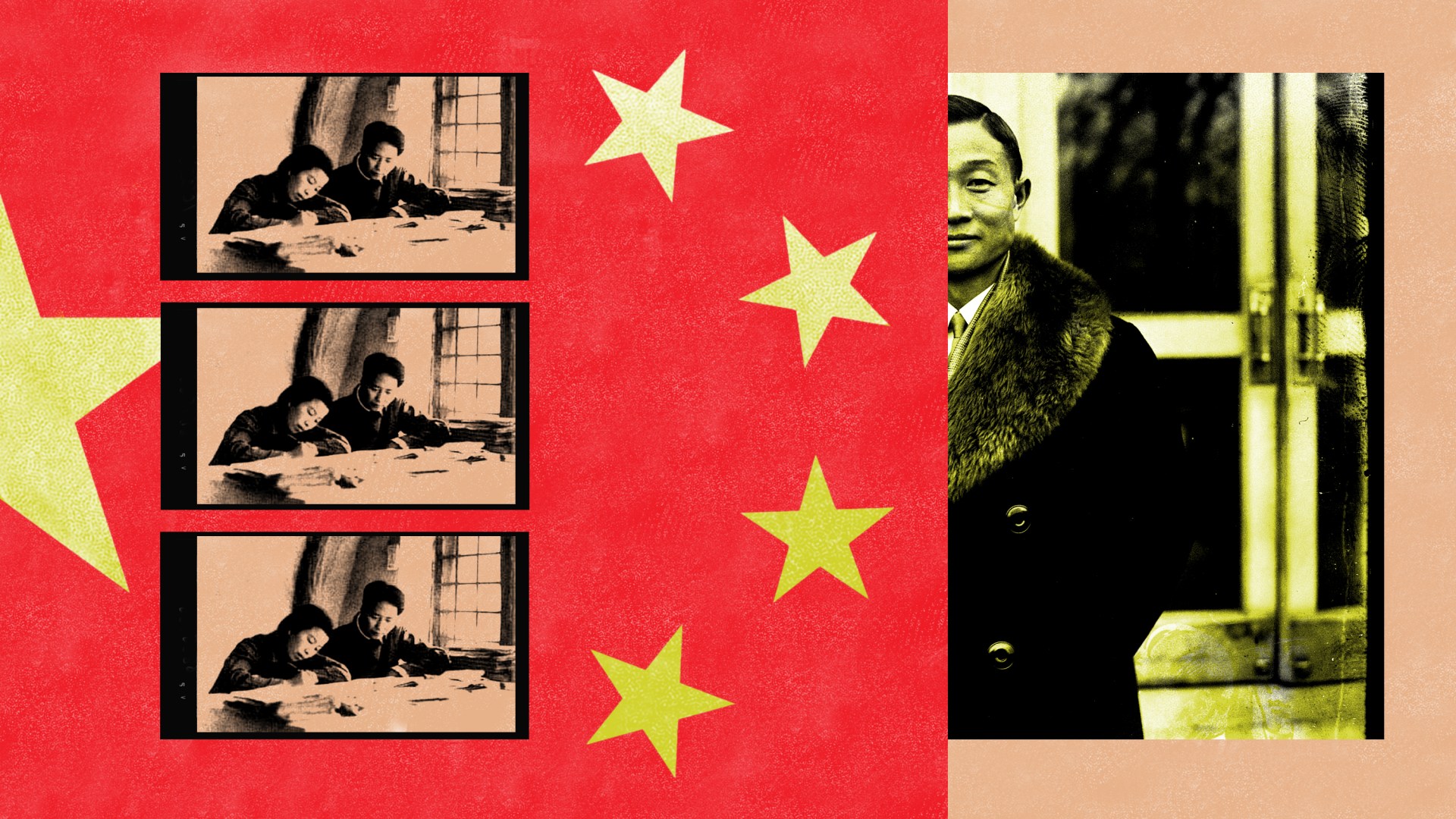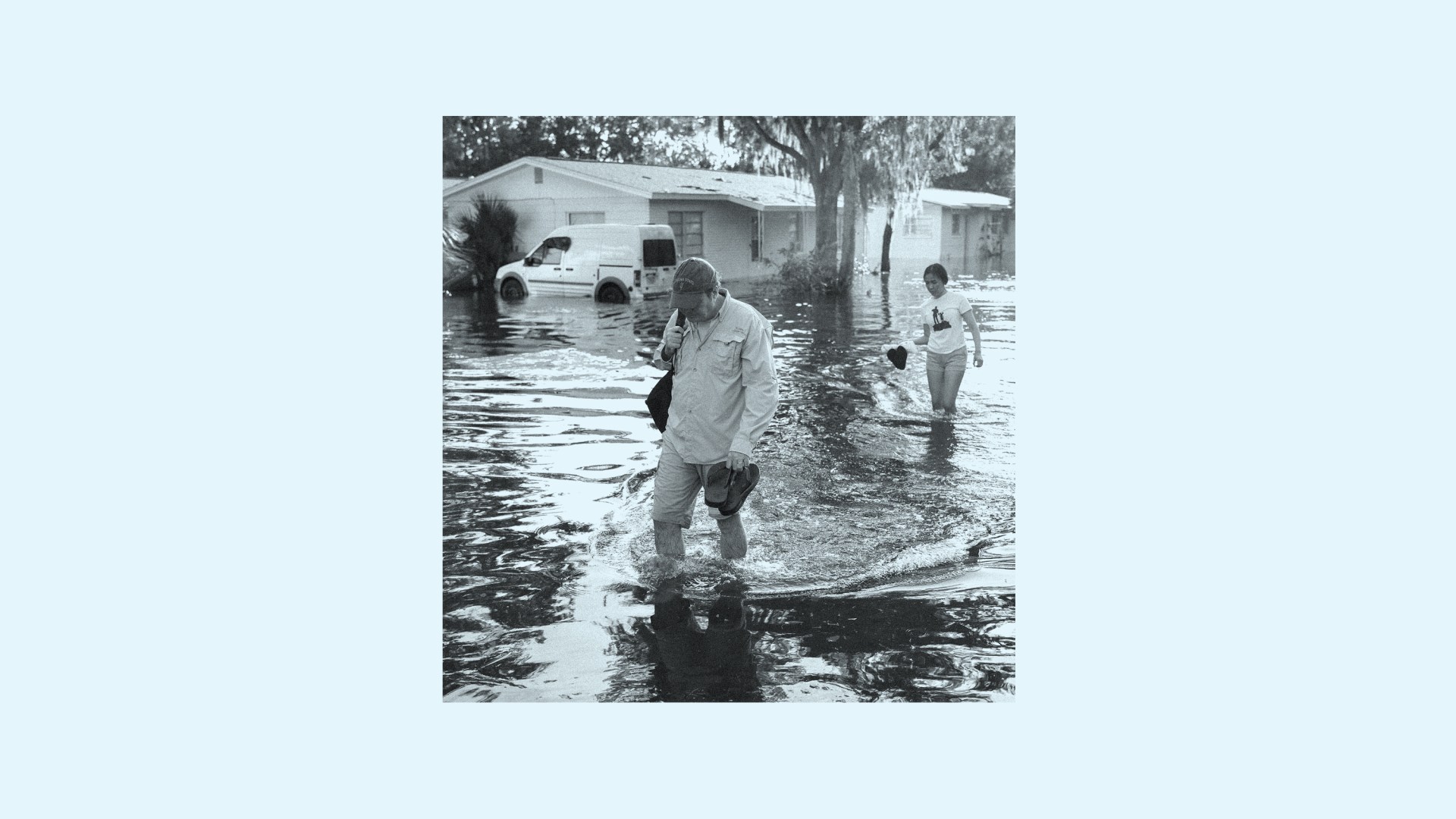The common language of worship has a way of capturing the heart even when the mind cannot understand. I remembered this as I wiped my tears while Spanish-speaking Christians sang passionately around me at The Sent Summit conference in Orlando last month.
Though my tourist-level Spanish could not bear the weight of references to the divine, I knew the meaning of the song in my soul. Voices rang to the glory of God. Words I couldn’t translate expressed the depth of our depravity encompassed by his unconditional love.
While we shared neither language nor ethnicity, my experience in worship with Latino pastors and leaders in America reminded me: This community, like every culture, is important to the kingdom of God. And the wider church has much to learn with and from these siblings in Christ about faith, community, and resilience.
First, while many American churches are suffering from an inability to reach younger generations, Latino churches are swimming against that tide. Aaron Earls of Lifeway Research has described Hispanic congregations as “newer, younger, and more effectively evangelistic than the average US Protestant church,” and he notes that “a majority conduct their services only in Spanish (53%), while 22 percent are bilingual.”
Young people in immigrant families in America often serve as teachers for their parents in a variety of ways, ranging from learning English to navigating the complexities of unfamiliar health care and educational systems. This dynamic makes younger people integral to the life of the church too. Latino congregations tend to be willing to embrace them not as passive recipients of the faith but as active participants in shaping it. Young Christians are called upon early to help lead worship, teach, and serve as translators.
This reverse intergenerational ministry, where young people tend to bring their families into the fold, demonstrates both the dynamism and complexity of faith that transcends age barriers. Having to navigate so many roles at young ages can uniquely equip Christians for ministry—but it’s also taxing and can be traumatic, marked by poverty, loss, and injustice.
“Gen Z doesn’t need to be reached; they need to be rescued,” one younger Latino leader told me during a gathering at Fuller Theological Seminary in Pasadena in August. “It’s going to be messy.” This messy, beautiful process of integrating multiple generations is exactly what Latino Christian communities are willing to do.
Pastors Josh and Noemi Chavez talked to me about what this looks like in their intergenerational ministry in Long Beach, California. “When I started pastoring, I was in my 20s. Thinking about young people was easy. I had to intentionally consider the older generation,” Noemi reflected. “Now, in my 40s, I have to intentionally think about the younger and the older. If the Great Commission is at the center of the vision and mission of the church, then as leaders we can lovingly shepherd the hearts of each generation and find joy in the expression of the gospel message.”
When successful, that witness creates a rich tapestry of faith that honors tradition while embracing newness and innovation. And many Spanish-speaking congregations are a cultural tapestry, too, serving as a gathering place for people from multiple countries with real differences in thought, expression, and, notably, political views.
Contrary to popular US misconceptions, the Latino evangelical community is not a monolithic voting bloc. Hispanic voters in America hold a wide spectrum of political ideologies, including on immigration. Yet while many predominantly white churches are politically homogenous, Latino clergy told me they see a diversity of political views in their congregations.
This ability to maintain unity in worship is particularly striking and countercultural in today’s polarized climate, a valuable model of prioritizing faith and community over political disagreements. These Hispanic congregations are proof that it’s possible to debate politics and keep breaking bread together.
“The sent church is a diverse church,” Gabriel Salguero shared. “It is a reflection of the Kingdom of God.” With his wife, Jeannette, Salguero is the founder of the National Latino Evangelical Coalition and The Gathering Place Church in Orlando. For decades, they have shepherded pastors and church members from nearly every continent and walk of life, and he sees ideological differences as a strength, not merely an obstacle to overcome.
“The church needs this diversity, even diversity of thought,” Salguero remarked at the summit in Orlando. “If we’re all thinking exactly the same, we’re not all thinking.”
With a tapestry of generations and a range of varying views, what could possibly hold these communities together in Christ? The short answer is the Holy Spirit—and coffee.
While the service provides inspiration, the coffee afterward provides communion. After-service conversations over a cafecito, a café con leche, or pan dulce provide crucial opportunities for relationship-building and community formation. This is the space where those new to the congregation can become known, the young can connect, the elders can reminisce, and the pastors can provide holistic care.
This commitment to being present with people in their everyday lives reflects a deep understanding of the familia cultural value, leading to profound care for others.
That model of care is ever more important as the broader church grapples with challenges of declining attendance, generational gaps, and cultural relevance. The Latino church in America reminds us that the gospel is not just a message to be preached but a life to be lived—in community, across generations, embracing diversity, overcoming challenges, and always open to the new things God is doing.
“Hispanic churches continue to be a driving force in the revitalization of faith in the US,” Enid Almanzar, chair of the National Latino Evangelical Coalition, told me after the summit. No church or ethnicity is perfect, of course. No community is free from the scars of striving to be more like Christ.
Yet in these complex times, the Latino church provides a beacon of hope to believers in America and beyond as we seek to be the church that our world so desperately needs. Like Paul, writing to the Corinthians about the churches in Macedonia, I “want you to know about the grace that God has given” these fellow believers (2 Cor. 8:1) so you can benefit from their example of faith.
Nicole Massie Martin is the chief impact officer at Christianity Today.





























































